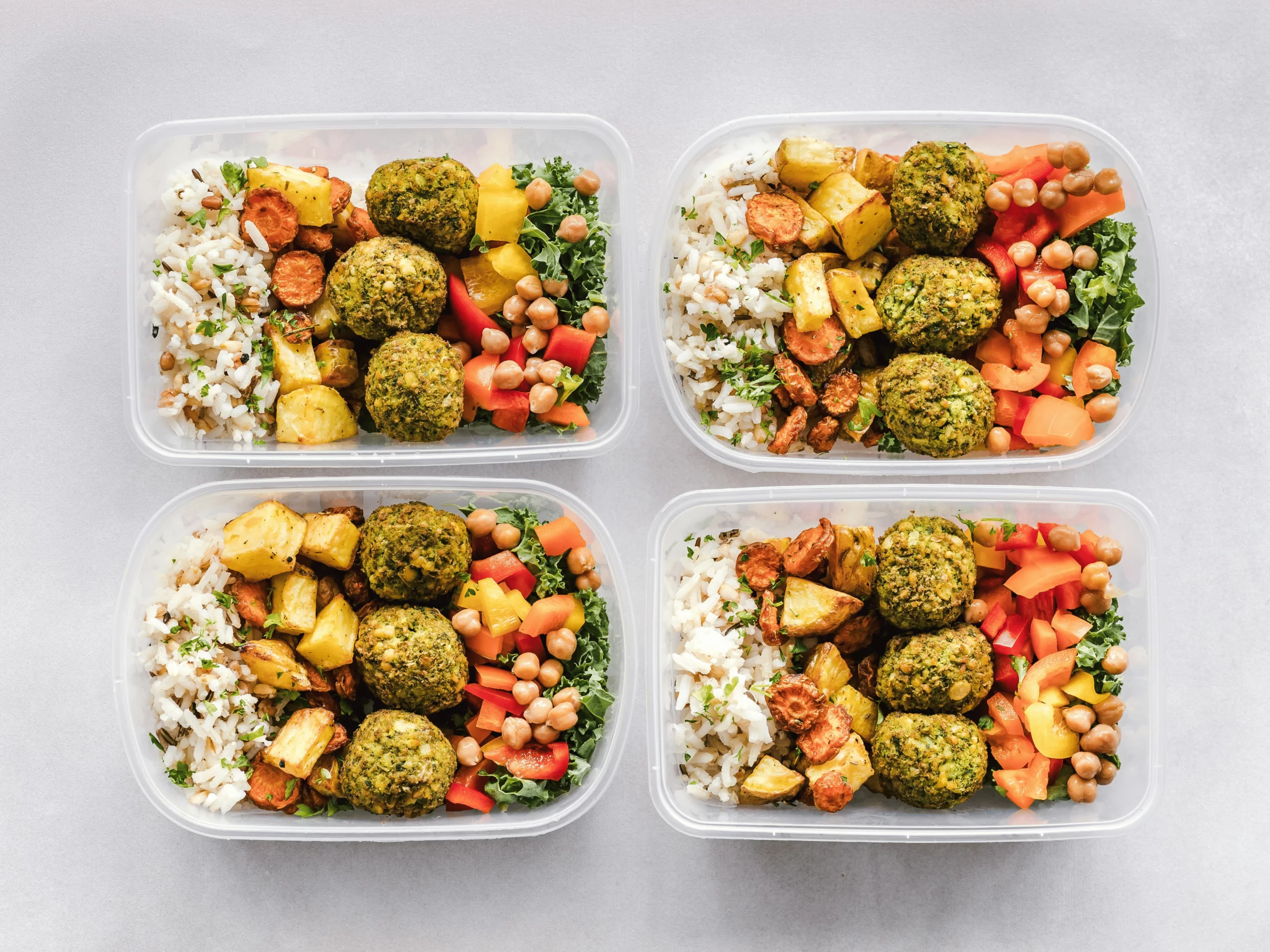
Hydration Tips: Staying Hydrated Throughout the Day
Staying hydrated is essential for maintaining overall health and well-being. Water plays a crucial role in digestion, nutrient absorption, temperature regulation, joint

Eating healthier doesn’t have to mean giving up the foods you love. In fact, it’s often about making smarter choices that keep your meals satisfying while improving your energy, digestion, and overall wellbeing. Small swaps can make a big difference over time, helping you feel lighter, more energized, and more balanced without feeling deprived. Think of it as upgrading your favorite meals instead of eliminating them. With a few simple swaps, you can enjoy all your go-to flavors while nourishing your body with more fiber, protein, healthy fats, and essential nutrients.
Why this is better: Making these little swaps is not about perfection or drastic changes—it’s about taking small, manageable steps toward a healthier lifestyle. Each switch replaces processed, sugar-laden, or nutrient-poor foods with options that provide more vitamins, minerals, fiber, and protein. Over time, these small changes add up, helping stabilize your energy, improve digestion, support weight management, and promote overall wellbeing. You don’t need to change everything at once; even one or two swaps a week can set you on the path to a healthier, happier relationship with food.
When I started making these changes, the first swap I tackled was ditching white sugar-and I noticed an almost immediate difference in my skin. I replaced it with coconut sugar in my morning coffee (because my mornings never start bitter… oops!) and started using maple syrup, honey and dates for desserts and snacks. Slowly, I stopped relying on sugar so much, and now most of the sweetness in my diet comes naturally from fruits. These small adjustments didn’t feel like a sacrifice—they just became a new, healthier habit that my body and skin thanked me for almost right away. You’ll also notice how desserts from stores or restaurants are often way too sweet compared to what your body actually needs.

White bread is highly processed and low in fiber, causing quick spikes in blood sugar followed by crashes that leave you hungry and tired. Whole grain bread, sourdough, or spelt bread are richer in fiber, vitamins, and minerals, keeping you full longer and supporting gut health. If you’re making sandwiches, try rye bread or whole grain wraps for extra texture, flavor, and nutrients. Even swapping just a couple of slices a day can improve your digestion and energy levels.


Traditional pasta is made from refined flour, which can lead to quick hunger after eating—personally, I get hungry super fast when I eat it. Whole wheat pasta, chickpea pasta, or red lentil pasta contain more fiber and protein, helping to stabilize blood sugar and keep you satisfied for longer. If you want to eat fewer carbs, spiralized zucchini noodles are a low-carb, vitamin-rich alternative that adds freshness, crunch, and volume to any dish without the extra refined flour.


Many commercial dressings are full of hidden sugar, unhealthy fats, and preservatives. Making your own dressing is simple, fresh, and packed with nutrients. Combine olive oil, lemon juice, mustard, and herbs for a flavorful, heart-healthy dressing that enhances any salad. You can also experiment with tahini, yogurt, or avocado-based dressings for creamy options without the added sugar.
White rice has a high glycemic index (70–89), causing rapid blood sugar spikes and crashes, leaving you hungry sooner. Quinoa, brown rice, or cauliflower rice offer more fiber, protein, and micronutrients. Quinoa is especially beneficial as a complete plant-based protein, making it an excellent choice for vegetarian meals or anyone looking to increase protein intake without meat.
Refined sugar provides empty calories and spikes blood sugar levels without ANY nutritional benefits. Natural sweeteners like coconut sugar, maple syrup, and honey contain trace minerals, antioxidants, and tend to have a lower glycemic impact, helping to avoid energy crashes.
Flavored yogurts are loaded with hidden sugars that can cause energy crashes and cravings. Plain yogurt, on the other hand, is higher in protein and naturally lower in sugar, keeping you full for longer. For a touch of sweetness, add chopped dates, a sprinkle of cinnamon, or a drizzle of homemade fruit compote. Craving chocolate? Mix in raw cocoa powder for a rich flavor boost and extra antioxidants.
Sodas are loaded with sugar and artificial ingredients that lead to energy crashes and can negatively impact gut health. Infused water (with citrus, berries, or mint) or kombucha provides hydration and gut-friendly probiotics without the sugar spike. Even a few slices of fresh fruit or frozen berries can make water taste naturally sweet and refreshing.
Why? Almost every store-bought granola hide loads of added sugars, unhealthy oils, and preservatives, making them more like a dessert than a healthy snack. By making your own, you control the ingredients while keeping it crunchy, flavorful, and nutrient-dense. Simply toast oats with nuts, seeds, coconut, and a natural sweetener like honey, maple syrup, or chopped dates for a balanced and satisfying option. Plus, I’ve included several delicious homemade granola recipes in my cookbook-so be sure to check them.
Why? Heavy cream adds unnecessary saturated fats and extra calories, which can make your coffee or dishes heavier than needed. In contrast, coconut or almond milk provides the same creaminess but with healthier fats and a lighter texture. For a frothy, latte-style coffee, try unsweetened almond or oat milk, which foams beautifully without added sugars. The best option? Make your own creamy plant-based milk! This way, you control the ingredients, avoid additives, and get the freshest, most natural flavor.
Dates have been enjoyed for thousands of years and are one of the oldest cultivated fruits in human history. They come from the date palm tree (Phoenix dactylifera), which thrives in hot, arid climates and is mainly grown in the Middle East, North Africa, and parts of South Asia. Historically, dates were a staple food in desert regions, providing a dense source of energy, vitamins, and minerals for people living in harsh environments.
If you’re craving something sweet and chewy but want to skip the refined sugar and artificial ingredients, dates are the perfect swap! These little gems are naturally sweet, packed with fiber, and rich in essential minerals like potassium and magnesium.
How to enjoy: Dates can be eaten on their own, chopped into oatmeal or yogurt, stuffed with nut butter or dark chocolate, or blended into energy balls and desserts. They are a simple way to satisfy a sweet tooth while nourishing your body.


Staying hydrated is essential for maintaining overall health and well-being. Water plays a crucial role in digestion, nutrient absorption, temperature regulation, joint

Tips on Measuring Portions and Adjusting Serving Sizes Portion control is a key component of healthy eating, especially when managing weight, ensuring

© 2025 Nutrina LTD. - All rights reserved